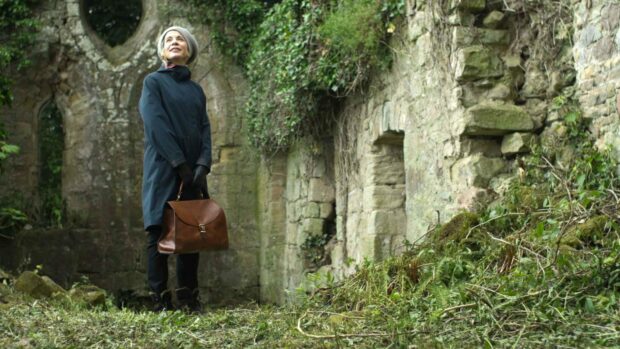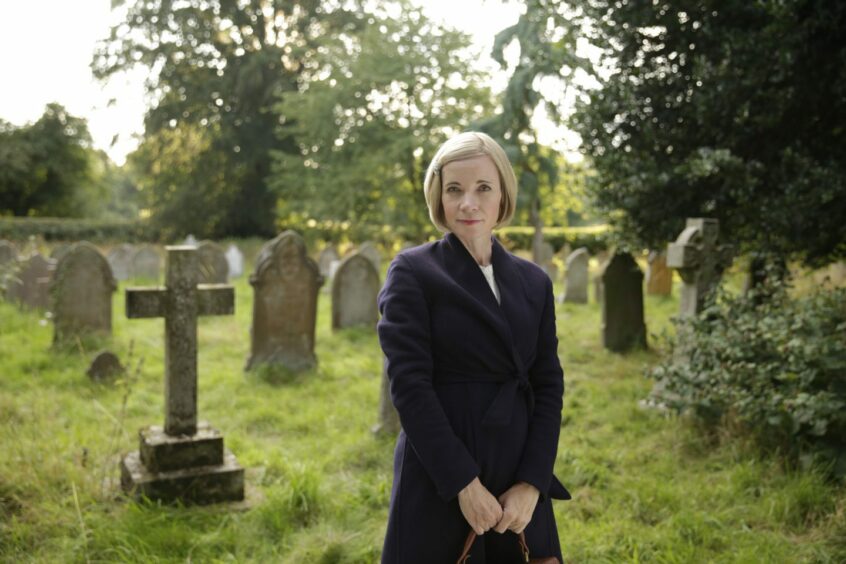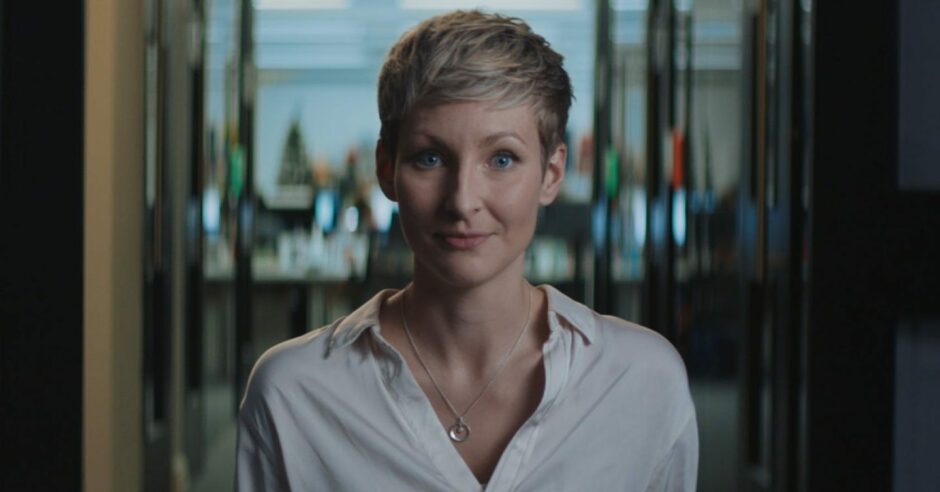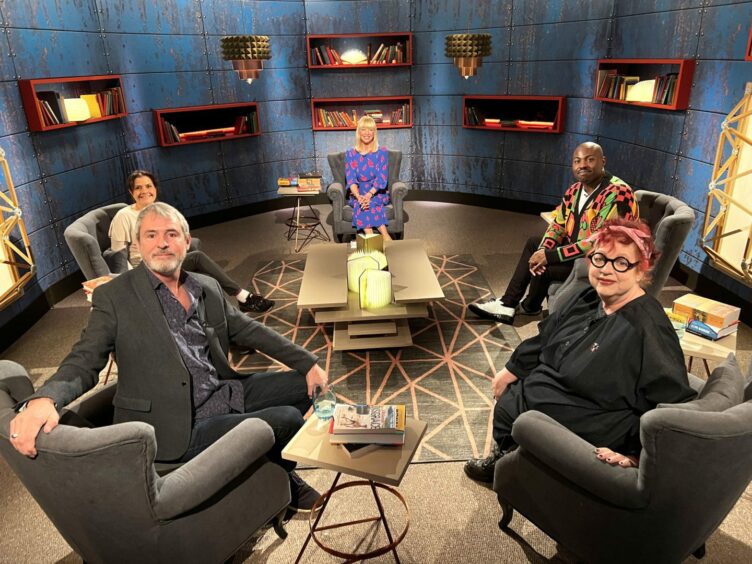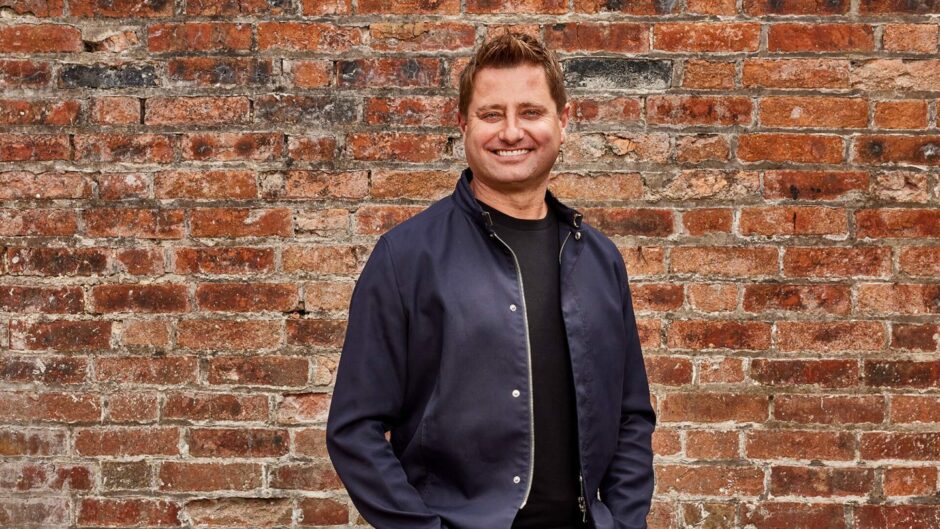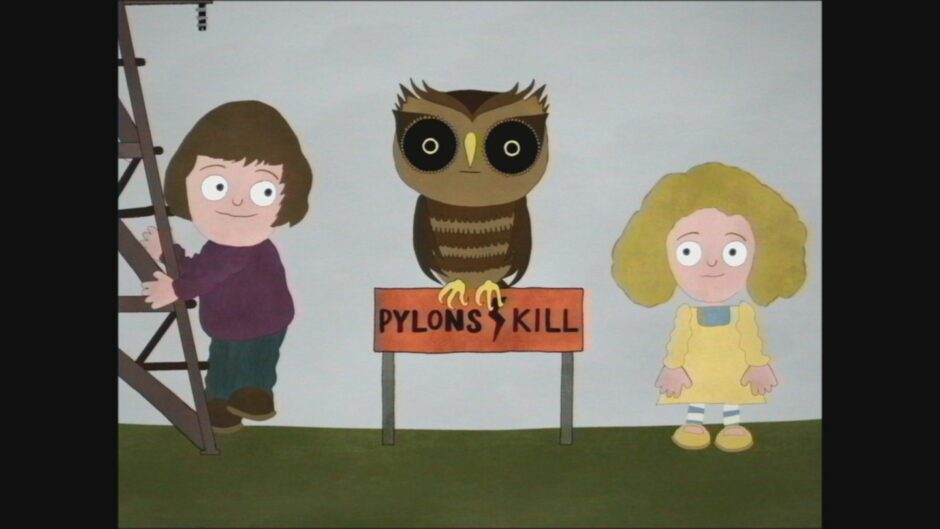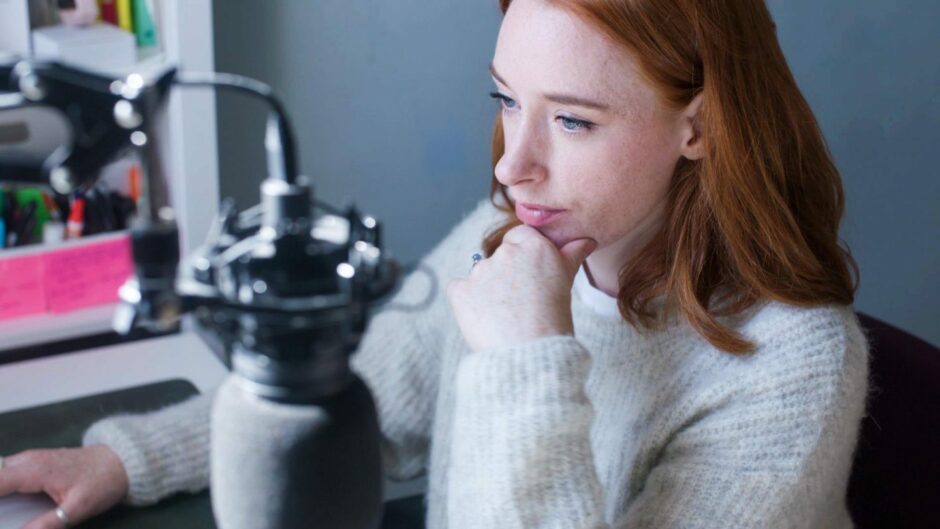This week our TV critic goes cuckoo for the new adaptation of Village of the Damned but isn’t convinced that the world needs another Channel 4 lifestyle series.
The Midwich Cuckoos – Thursday, Sky Showcase, 9pm
This contemporary eight-part adaptation of John Wyndham’s classic science-fiction novel feels quite promising. The premise: in a picturesque English market town, every woman of child-bearing age inexplicably becomes pregnant overnight. I won’t elaborate in case you haven’t read the book or seen the 1960 film adaptation, Village of the Damned. What I will say is that it boasts an effective air of mounting unease. Director Alice Troughton bathes much of the action in disquieting summer twilight. It has a subtly nightmarish quality. Keeley Hawes plays a sympathetic child therapist with a vulnerable daughter. Max Beesley is an everyman local police chief whose wife is already pregnant before the strange incident occurs. A self-contained apocalypse ensues.
Lucy Worsley Investigates – Tuesday, BBC Two, 9pm
In episode two of her probing history lesson, Worsley tackles the Bubonic plague. She focuses on the first and most catastrophic outbreak, which took place in mid-14th century Britain. Approximately half the population were wiped out. In an effort to explain how this devastating pandemic transformed British society, she traces the sad story of a typical peasant farming family. Her rigorous research unearths an ugly tumult of systemic hypocrisy, prejudice and injustice. So-called moral leaders exploited this horrific situation for their own financial and political gain. As usual, Worsley slyly reads between the lines with regards to the cyclical nature of history. She doesn’t have to spell it out explicitly, but some things never change.
Once Upon a Time in Londongrad – Tuesday, Sky Showcase, 9pm
This timely series examines 14 suspicious high-profile UK deaths with alleged connections to Putin’s Russia. It’s led by investigative journalist Heidi Blake and her BuzzFeed News colleagues, who for the last few years have immersed themselves in these interconnected cases. It begins with the murky saga of Scot Young, a Dundee-born tycoon who died in 2014 after falling from a window of his London penthouse. His ex-wife believes he was murdered. Young was allegedly involved in dealings with a powerful Russian oligarch who had no truck with Putin. I’ve only seen the first two episodes, but the overall aim is clear: to expose corruption on a vast and far-reaching scale. Organised crime comes in many guises.
Between the Covers – Wednesday, BBC Two, 7:30pm
This week, your genial book club host Sara Cox is joined by the comedians Jo Brand and Darren Harriott, plus the actors Neil Morrissey and Nina Wadia. New titles under review include Love Marriage by Monica Ali and The Faber Book of Reportage, a hefty centuries-spanning compendium of dramatic eyewitness accounts. The latest selections from their ongoing Big Jubilee Read list, which celebrates great authors from all across the Commonwealth, are The Handmaid’s Tale by Margaret Atwood and Disgrace by J.M. Coatzee. Thumbs are raised. Side note: Brand reveals in passing that she was named after Jo from Little Women. A fitting honour for someone who is quite clearly one of the most decent showbiz personalities.
George Clarke’s Flipping Fast – Wednesday, Channel 4, 9pm
This is a series in which George Clarke, a man so bland he makes Alan Titchmarsh look like Joe Pesci in Goodfellas, presides over six teams chasing their property development dreams. They have no experience in this field, but apparently all you need to succeed is blind ambition and £100,000 in the bank. Full disclosure: I haven’t seen this programme, preview copies weren’t available, but as a doggedly professional connoisseur of Channel 4’s never-ending avalanche of lifestyle/makeover shows, I can pretty much guarantee that it will be formulaic business as usual. I mention it only in the hope that it provides you with some fleeting schadenfreude a la Grand Designs. Still, good luck to all concerned.
Inside No. 9 – Wednesday, BBC Two, 10pm
They’ve saved the best until last. The final episode of this current series pivots around a series of authentically rendered animated 1970s Public Information Films in the Charley Says vein. Some of those old PIFs are notoriously odd and unsettling, a natural source of inspiration for Pemberton and Shearsmith. The latter plays a man haunted by memories of one particular ad campaign. Pemberton provides a few brief moments of levity as a neighbour lumbered with a dead rabbit in urgent next of taxidermy. As writers, they both tread carefully around a story which could have, in less capable hands, sunk into a quagmire of very poor taste. They pull it off, I think. The discomfort they create is emotionally justified.
Horizon: Making Sense of Cancer with Hannah Fry – Thursday, BBC Two, 9pm
Last year, the mathematician and broadcaster Hannah Fry was diagnosed with cervical cancer. She began filming herself as a way of getting through the ordeal. Perhaps an intimate record could help her and fellow cancer patients gain a deeper understanding of what they have to deal with. This searching documentary is the result. Fry has carried out some extensive statistical analysis of cancer treatment. That’s thrown up some difficult questions. Are doctors making the right decisions when it comes to treating cancer patients? Are we even at risk of over-medicalising cancer? This, to say the least, is a highly sensitive subject. Fry’s conversations with patients and medical experts are unflinchingly honest, but it’s all handled with care.
